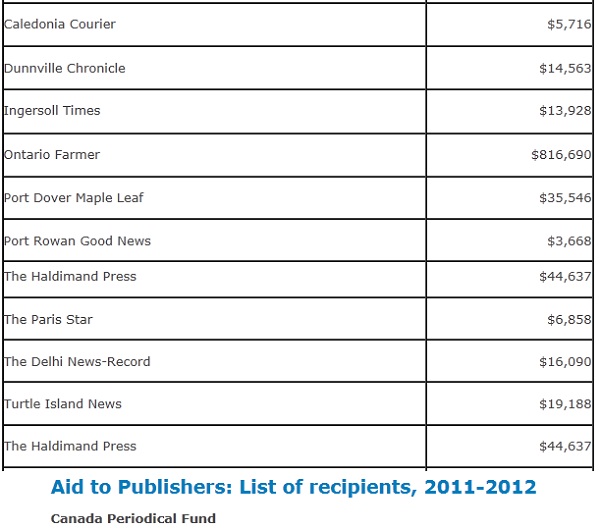What kind of tax break would you like to see? Ontario has gotten itself into a difficult situation. Too many people have lost their jobs, our province has lost its leading position in the country, and government has lost its ability to balance its books.
We face a critical choice. Either we implement sensible policies that create jobs and prosperity or we accept a future of high debt, declining public services and living below our economic potential.
The first and most basic thing government needs to do is balance the books. The second is to start to pay down the debt. We can’t afford to run government on a credit card. Interest on our accumulated debt is $10.6 billion a year. That’s a cost we’re passing on to our kids. It slows the economy and restricts government services for years to come.
Over the past nine years, families and businesses in Ontario have experienced a number of unpleasant tax surprises. The primary factor in our slow job creation is high tax levels. The top marginal tax rate in Ontario today is 49.5 per cent. That’s simply too high. Economists have demonstrated that overly high tax rates can actually reduce tax dollars collected because they are a strong disincentive to work. Lower taxes create jobs and higher taxes deter them. We can address the problem of 600,000 people out of work in Ontario, in part, through tax policy.
The three main taxes in Ontario are personal income tax, corporate tax, and the harmonized sales tax. Given that tax cuts create jobs, which sector tax cut do you think would be most effective for job creation? To provide input, contact me at 1-800-903-8629 or toby.barrett@pc.ola.org.
Fair competition means giving all businesses an equal chance. It’s not up to government to act as an investment banker to support some businesses at the expense of others. Rather than use public money to favor companies that know how to work the system, use those tax dollars for broad general benefit. Ending corporate welfare will provide enough for significant tax changes.
Ontario has long benefited from free and open markets. The 1960’s Auto Pact between Canada and the United States, and the North American Free Trade Agreement that superseded it, fueled the manufacturing boom in this province. But while $2 billion worth of trade crosses the Canada-U.S. border each and every day, too often the border is a traffic jam, delaying goods and workers from crossing. Breaking this bottleneck with our largest trading partner, and the costly delays at other entry and exit points along our
southern border, is vital to growing Ontario’s economy. Ontario should embrace the economic opportunities in Alberta, Saskatchewan and British Columbia and tear down the barriers that separate us.
Ontario is long overdue for a major reduction in rules that regulate businesses. Some regulations are necessary, but Ontario has accumulated an absurd paperwork burden that costs the province’s businesses too much time and money. We need fewer rules, and those rules must meet a clear need.
We can drive growth through innovation and ingenuity – and through a belief in markets, in entrepreneurialism, in competition and in free trade. These are values that have long driven economic success around the world. And government can lead economic growth with policies to reduce taxes, balance the books, boost trade and cut red tape. By MPP Toby Barrett

Supplemental-
How public tax money is used to aid ‘some’ business: Local Newspapers on “Corporate Welfare”



Leave a Reply
You must be logged in to post a comment.